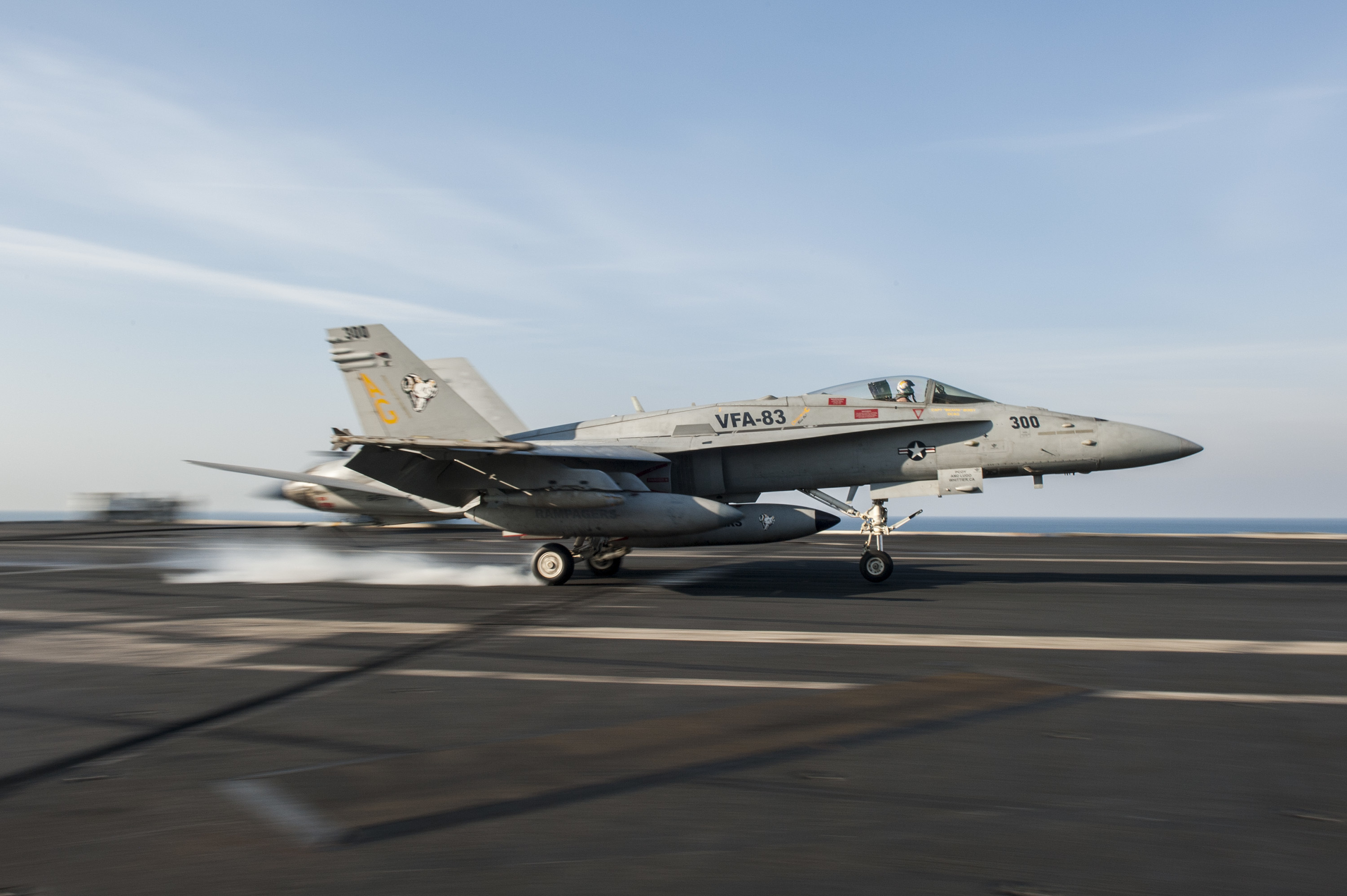By Cheryl Pellerin DoD News, Defense Media Activity
WASHINGTON, February 5, 2016 — For Iraqis in the fight
against the Islamic State of Iraq and the Levant, success against the terrorist
group is attracting local tribal forces to their ranks, a U.S. Central Command
spokesman said today.
Air Force Col. Patrick Ryder briefed the Pentagon press
corps by telephone from MacDill Air Force Base in Florida about several small
operations that are playing a role in the counter-ISIL fight in Iraq and Syria.
Over the past few months the coalition has enabled small
joint Iraqi operations in provinces such as Anbar, Kirkuk, Diyala and Ninawa.
“As momentum against ISIL builds we're seeing local tribal
resistance forces throughout these provinces joining with [Iraqi security
forces] and [Kurdish security forces] to combat the terrorist group and push
them out … and the coalition is enabling these joint operations,” Ryder said.
Critical Operations
Carrying out these critical joint operations are indigenous
ground forces made up of, for example, Iraqi forces that include fighters from
the counterterrorism service and federal police, Kurdish forces like the
Peshmerga, and tribal forces that include Sunnis, Turkmen and others fighting
ISIL, Ryder said.
One joint operation begun earlier this week between Beiji
and Mosul involved a combination of Iraqi forces, Ninawa tribal fighters and
support from the Peshmerga, all enabled by coalition air strikes, he said.
The operation liberated a couple of villages and killed a
large number of enemy fighters, Ryder said, adding that it was an example of
momentum seen in the Tigris River Valley that has developed from other
successful operations in Beiji.
Another success is the deleterious effect on ISIL of several
layers of pressure applied against them at the strategic, operational and
tactical levels, he said.
Persistent Swarm
“When you combine these operations with other larger
operations we're enabling, such as the Syrian Democratic Forces, operations in
northern Syria from the Tishreen Dam to Hasakah, or [Iraqi] operations in
Ramadi, you can see that operationally ISIL is under significant pressure,”
Ryder said.
Added to that are strategic layers of pressure from strikes
against their logistics centers, command-and-control centers, financial
centers, leadership, supply line and methods of making money, he said, “and you
can see that ISIL has to contend with several layers of pressure being applied
to them simultaneously across Iraq and Syria, like a persistent swarm.”
Ryder added, “The overall effect on ISIL is that the terror
group is weakening operationally and tactically in Iraq and Syria.”
But Ryder noted that military operations aren’t the only
focus of coalition train-and-advise efforts.
Sense of Normalcy
“Retaking key population centers is not the end of an
operations,” he said, “it's the beginning and the prelude to the requirement by
indigenous forces to provide security, basic services and the return to a sense
of normalcy for local civilians.”
Ryder said coalition members are focused on building Iraq's
combat power through the Building Partner Capacity program to help Iraqis
acquire the added military capability they need to continue fighting ISIL.
“In line with holding or taking territory, we also focus on
building Iraq's capacity to secure newly liberated areas, which is why you see
us training federal police,” he added.
The coalition has trained nearly 18,000 Iraqi forces, which
include about 2,000 federal police already trained or in training, Ryder said.








No comments:
Post a Comment